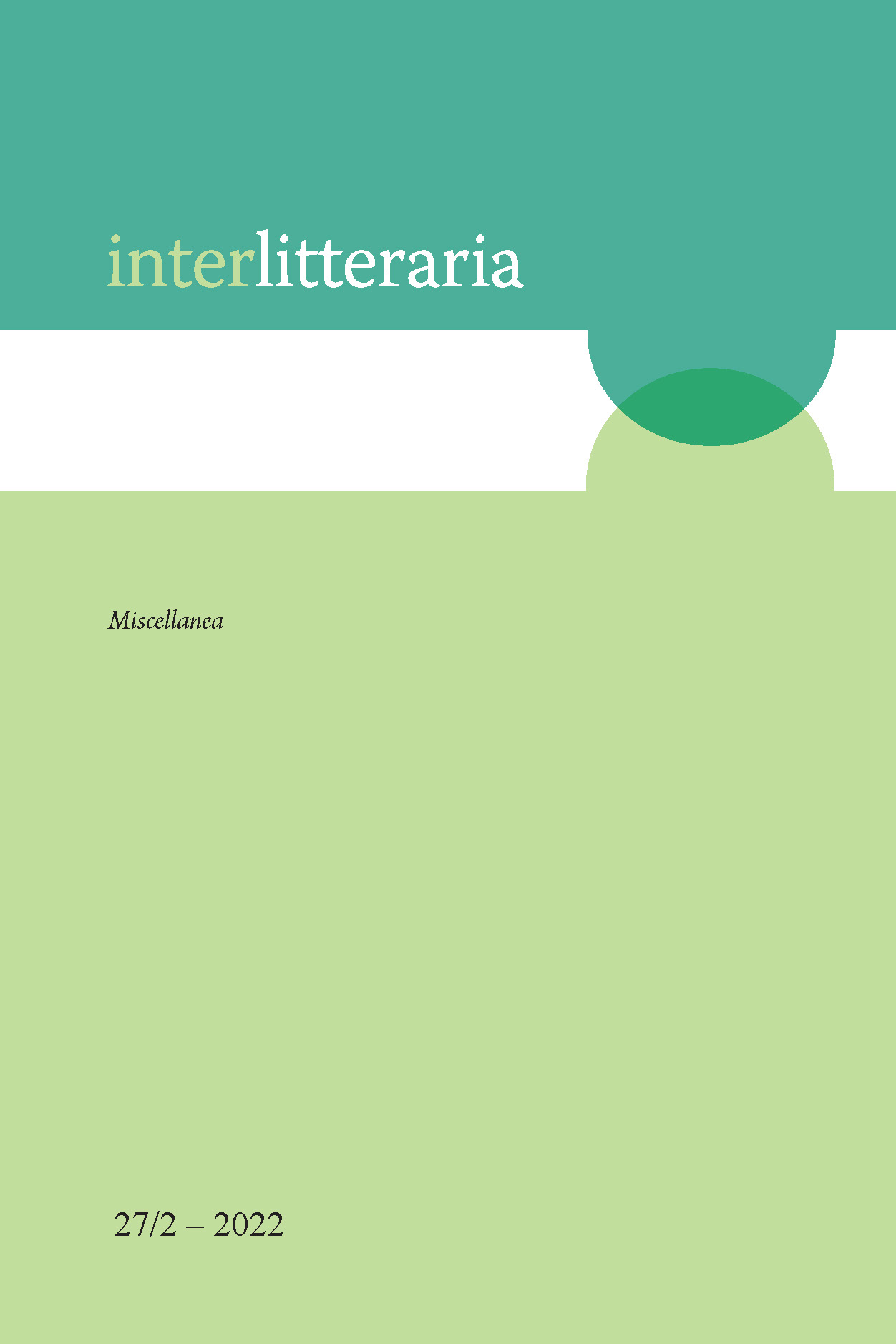Cubanness and Americanness: Identity Negotiations in Learning to Die in Miami: Confessions of a Refugee Boy by Carlos Eire
DOI:
https://doi.org/10.12697/IL.2022.27.2.5Keywords:
Cuban American, identity, memoir, exile, anti-nostalgiaAbstract
This article explores emerging identities in the memoir Learning to Die in Miami: Confessions of a Refugee Boy by Carlos Eire. The narrator experiences multiple exiles during his voyage into the diverse cultural landscapes of the USA and treats those transitions as symbolic deaths leading to cultural renewal. The character interprets everything through his selective recollections from Cuba, and the constant critique of his antiquated roots diminishes the value of past experiences. The process of Eire’s Americanisation is inevitably linked with his anti-nostalgia. The essay emphasises the moments when the narrator reproduces himself through transformation, and his reminiscences of Cuba tend to be more positive. Although this journey takes place within the American environment, Eire experiences the “nearness” of Cubanness, which lessens his attachment to Americanness. Ethnic foodways and ties of kinship are the primary elements bridging Carlos with Cubanidad. Negotiating the narrator’s identity is a fluid process of cultural renewal when he struggles with “in-betweenness” and attempts rejection of his Cuban self. However, life experiences change his approach, giving him a greater appreciation for his ethnic roots.
Downloads
Downloads
Published
Issue
Section
License
The contents of Interlitteraria are published under CC BY-NC-ND licence.


